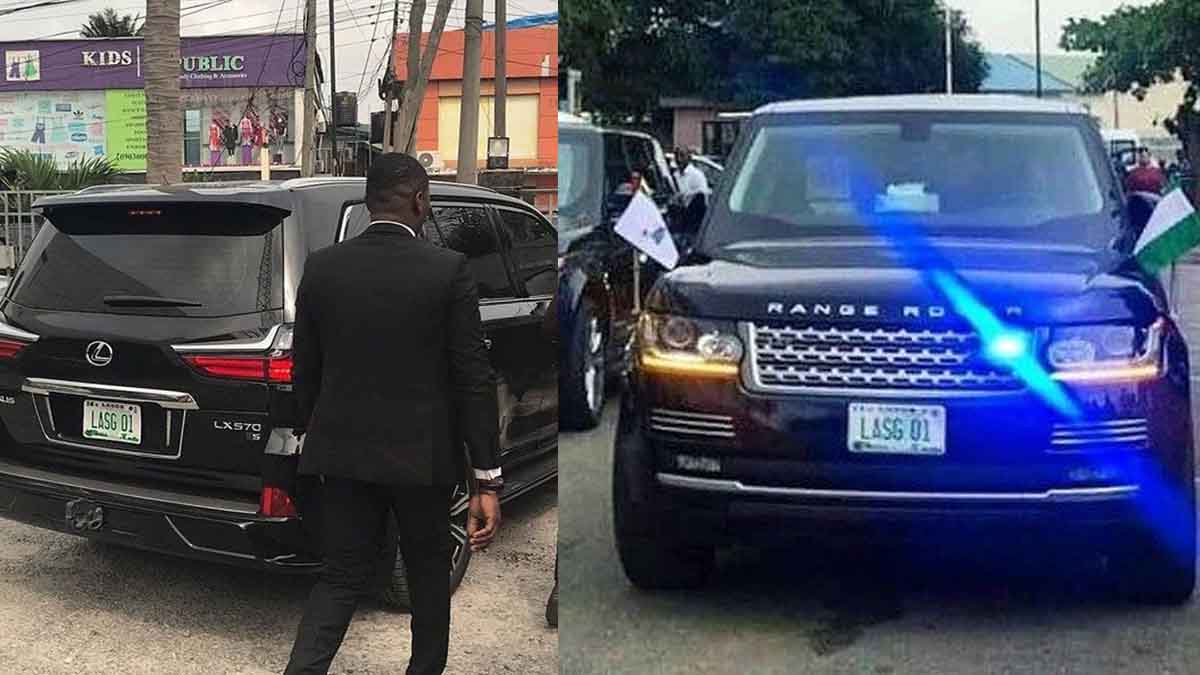Foreign Used cars are known in Nigeria as ‘Tokunbo cars’, Tokunbo cars are what most people are can easily afford, regardless of economic status, when the cost of new cars is considered.
It is also not unusual to find a preference for older, higher-mileage cars, especially by those who intend to resell locally with value. After all, the higher the mileage and year, the cheaper it is bought abroad, and when sold in Nigeria, could offer better margins.
But, have you been curious to know if bringing your own used car into Nigeria requires special skills and/or knowledge?
Buy top trending Car accessories in Lagos and Original Korea Battery now Check @carfanzy Lagos on Instagram
Many of the used cars in the market are sourced through auctions abroad, especially in the U.S., and in a subsequent article, the different auctions and processes will be highlighted.
A chat with Femi Amisu, regional manager for Auto Auction Mall, which is also the official representative of the Copart lounge in Nigeria, to get a better understanding of common mistakes people make when trying to get a car through auction. Also, challenges may occur in the procurement, shipping and eventual delivery.
First, according to Amisu, the common mistake people make when bidding on cars is in terms of ‘Titles’. Not all titles are accepted by the U.S. Customs for exports, and some vehicles don’t even have titles, which are required to prove that the vehicle was for instance, not stolen.
In a situation where you buy the vehicle, pay for it and move it to the ports before realising it doesn’t have a proper title to be exported, it is rejected and you’re stuck with a vehicle that you’ve paid for but you cannot export, he explains.
Furthermore, taking time to look through the details of a vehicle to ascertain when a title is pending is also critical. This means that the title is not ready, still in process, but people could miss that information, then go ahead to get such a vehicle. Since it doesn’t have a title, they have to wait maybe 35-45 days for the title to be ready, during which Copart (the Auctioneer) will be charging for storage.
“Sometimes if people calm down and look carefully, they’re able to dodge, bullets as it were,” he says. “That is part of where we come into this and try to help clients avoid mistakes.”
Also important is that people misunderstand deals. The closer the car is to the port, the more expensive it will be, so if it’s far from the port, it is going to be cheap, he further explains.
Therefore, when a car is bought just because it is cheap without proximity to the port being considered, one may spend more to have it trucked to a port where it can then be shipped to Nigeria.
“Nigerians will see that cheap price and then jump on it, not taking into consideration the distance, which is why it is cheaper. Then to get a trucker to move the vehicle to port becomes an issue, and you find them defaulting, the vehicle being relisted and they losing money,” he said.
Another important element is understanding what he describes as the ever-changing export system for shipments in the US.
There are times when the closest port to the vehicle is filled up or at capacity and then they are no longer accepting certain types of vehicles.
However, Nigerians according to Amisu, “like to buy salvage titles and damaged cars,” because they are cheaper, by the time ports are filled up with those kinds of vehicles, and then one buys another one without having that pre-information, exporting becomes problematic.
Such a person could again, be stuck with a vehicle that cannot be immediately exported, and have to find storage from $10-$20 per day, in extra cost. In most cases, some people would abandon their cars, and they will just lose money.
Also, when it comes to flood-damaged cars, initially, Amisu explains that shipping companies were taking them but recently stopped due to an increase in the operating costs of having a forklift used for loading on the ship.
In that particular instance, when one buys a flooded car because it is cheap and could be easy to fix, getting it shipped to Nigeria could then become a problem.
As he explains, most people do not make their proper calculations, so they buy a car, and at the end of the day, the charges add-on, the shipping add on, even down to clearing here and by the time you realise the total cost, it dawns on them that, “Oh, I didn’t do my calculation very well”. They can get grumpy, angry or just abandon the transaction.
This then leads to a situation where West Africa, and especially Nigeria has some of the highest release rates or cargo abandonment rates when it comes to cars.
Common mistakes people make when bidding on cars, can generally be reduced as he advises, “you need to have a calm head, you need to be cool, and you need to read without any form of bias. Even if you like the car, yes you are excited but then, open your eyes”.
BusinessDay
Have 1 million naira and above to Buy or Sell Cars In Nigeria? Check Carmart.ng RIght Now
All rights reserved. Reproduction, publication, broadcasting, rewriting, or redistribution of this material and other digital content on carmart.ng is strictly prohibited without prior express written permission from Carmart Nigeria - Contact: [email protected]
Stay informed and ahead of the New Car info! Follow The Carmart Blog on WhatsApp for real-time updates, Cheap Cars, and Latest new car content. Don't miss Any –
Join The Carmart Blog Channel







